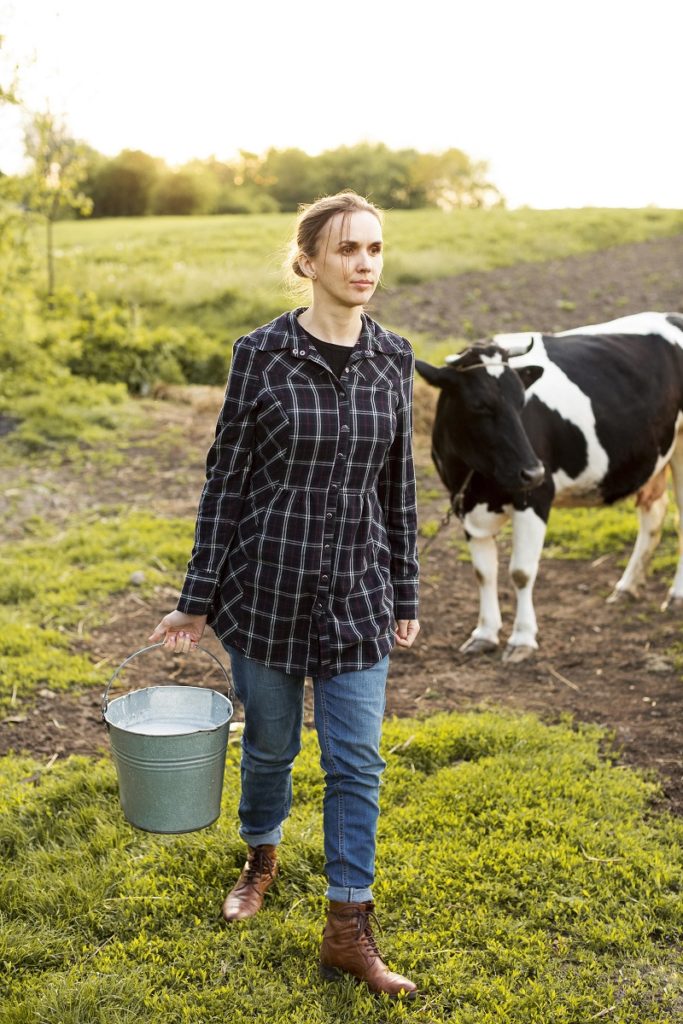
The European Commission has recently published another evaluation report on the impact of the Common Agricultural Policy (CAP). This report overviews the impact of CAP on generational renewal, local development and jobs in rural areas.
It analyses whether the instruments offered by the CAP are effective and relevant enough, and whether these have been used sufficiently. The measures assessed were (i) direct payment support to young farmers; (ii) investment support; and (iii) business start-up aid (‘CAP generational renewal measures’).
The evaluation found that the impact of CAP generational renewal measures on the number of young farmers is mostly positive, but small in some regions, notably in those lacking basic infrastructure and services.
These measures are more likely to increase the socio-economic sustainability of farms after young farmers have set-up their business. Generational renewal aid provides funding to help new farmers with: (i) the general costs following the set-up of their farm; and (ii) early-years investment support.
However, these measures are not well suited to off-family farm transfer; and they cannot be evaluated in isolation from other EU policies, the wider socio-economic conditions in rural areas and national measures and regulations.
The analysis also showed that:
- access to land and capital are the main barriers to entering the farming sector. Facilitating access to land and capital may also require changes to improve the coherence of national legal, social and fiscal policies with CAP generational renewal goals;
- the benefits of providing more formal training and advice as a condition for accessing capital grants, start-up aid and/or Pillar I young-farmer supplement;
- the importance to target well the support given to local areas. Rural development aid (complemented with other EU funds such as the Regional and Cohesion funds) that promotes rural economic diversification, added-value, better services and infrastructure (including broadband), is potentially vital to improving the broader economic climate, particularly in remote areas.